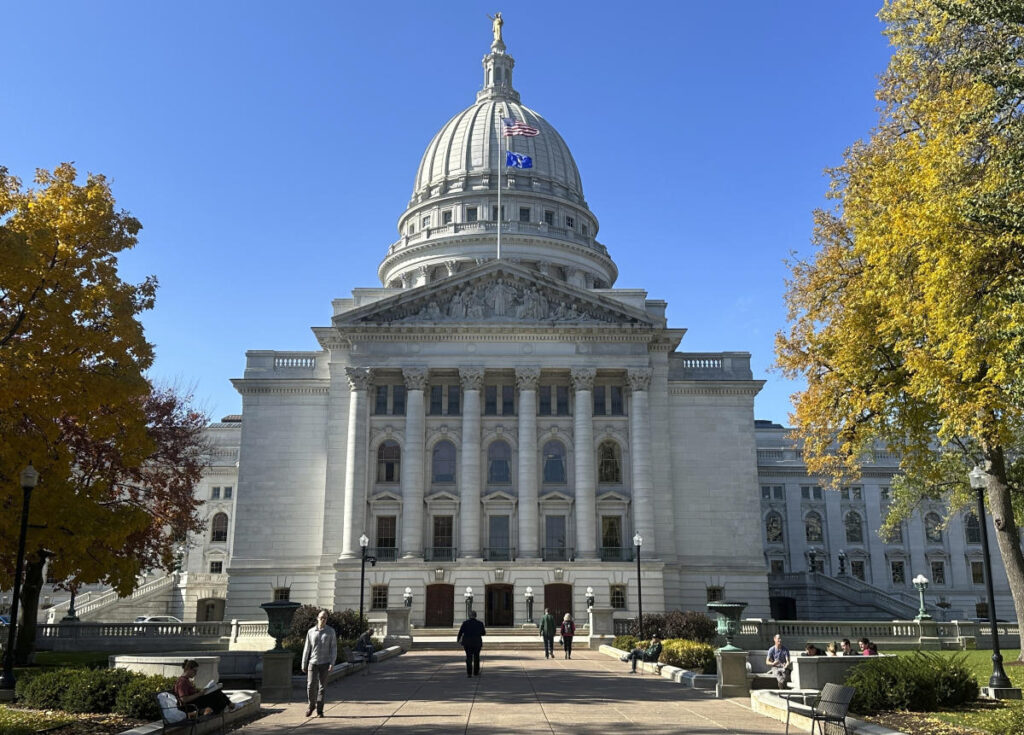As the Wisconsin Legislature reconvenes in January, it will operate with the narrowest Republican majorities since gaining control in 2011, comprising 54-45 in the Assembly and 18-15 in the Senate. This shift, mainly due to redistricting mandated by the Wisconsin Supreme Court, has provided Democrats, including Governor Tony Evers, with a sense of optimism regarding future bipartisan cooperation. Many believe that the sizable budget surplus of over $4 billion will be a central topic of discussion in the upcoming two-year budget negotiations. In particular, questions loom around how the surplus will be allocated while anticipations rise about whether Evers will pursue a third term in 2026, alongside expectations of how state affairs will interact with the forthcoming President Donald Trump’s administration.
With the recent changes in their political standing, Democrats have successfully increased their representation in both legislative chambers, which some argue sheds light on a potential collaborative environment in the Capitol. Assembly Democratic Minority Leader Greta Neubauer has articulated that this dynamic could lead to greater attempts at bipartisan compromise, especially among Republicans representing competitive districts. GOP Senate Majority Leader Devin LeMahieu has echoed this sentiment, indicating that there is an awareness of the necessity to work across party lines more effectively, stating the need for constructive action that reflects the concerns of constituents.
Among the pressing topics for the upcoming legislature is how to address the complexities surrounding policies introduced by the Trump administration. Democrats are anxious about potential escalations in immigration enforcement and intend to strategize ways to push back against policies that threaten abortion rights and protections for LGBTQ+ communities. This anxiety remains compounded by ongoing conversations between Democratic leaders, including Evers and Attorney General Josh Kaul, about how to safeguard state interests while resisting federal measures perceived as harmful.
The state’s considerable fiscal surplus has ignited a renewed focus on tax policy, which remains a priority for Republicans who aim for substantial tax cuts. LeMahieu has proposed an ambitious tax reduction of approximately $2 billion, repositioning it as a solution for constituents struggling with daily expenses. However, Democrats are inclined to approach tax cuts with caution, advocating for a more targeted approach that assists middle- and lower-income families rather than primarily benefitting wealthier individuals and corporate entities. The divide in these approaches could shape negotiations over the budget and financial strategy moving forward.
Education funding is another contentious area poised for debate, particularly as State Superintendent Jill Underly has proposed an expansive budget of over $4 billion for K-12 schooling. Both parties have expressed skepticism about this figure, with LeMahieu confidently asserting that such spending is untenable. Although Democrats maintain education as a priority, they agree that matching the $4 billion request is unlikely. The issue is indicative of broader concerns about how to best support local education systems while managing state resources wisely.
In addition to the key issues of taxes and education, topics like healthcare, childcare, affordable housing, and potential marijuana legalization continue to bubble to the surface in legislative discussions. Democrat-led efforts aim to lower childcare and healthcare costs, expand maternal health access, and revive stalled discussions around legalizing medical marijuana. However, GOP responses suggest a reluctance to accommodate these proposals easily, particularly in light of their narrow majority, which may further complicate or hinder any legislative progression on these matters. The forthcoming months will be crucial in demonstrating whether the Wisconsin Legislature can adapt to its new dynamics and effectively address these pressing issues.

